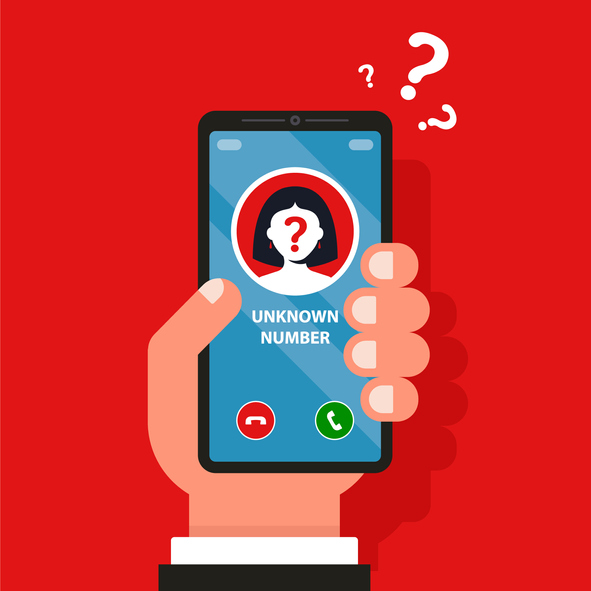Smishing, Phishing and Vishing: cyber security for remote working
Cyber security risks have increased globally since the pandemic. This is due to more people working remotely, which in turn has created more opportunities for criminals to steal data from people and companies for profit, knowledge or disruption.
Three types of cyber attacks that are becoming increasingly prevalent are Smishing, Phishing and Vishing; these attacks can cause serious damage to you personally and your business.
What you can do to protect yourself and your company:
 | What is Smishing?These are mobile phone text messages that pretend to be from reputable companies to trick individuals into revealing personal information, such as passwords or credit card numbers.
If the sender is someone you know, contact the person using a different contact number and check if the message is valid. |
 | What is Phishing?These are email scams that are sent to cause business disruption, as well as financial and reputational damage to organisations and individuals. Phishing emails aim to trick individuals into: • Disclosing sensitive or confidential information; These emails often look authentic and can even appear to be from a colleague or personal contact. If you receive a suspicious email; • Do not respond to the sender or click on any links. If the sender is someone you know e.g. an organisation such as your bank, contact them using their customer service channels to verify. |
 | What is Vishing?The word 'vishing' is a combination of 'voice' and 'phishing'. However, instead of using email, text messages or fake websites like phishers do, vishers use a regular telephone or mobile to call and attempt to extract information.
|
For further guidance on managing cyber risk, please visit our webpage for more information.

Kathryn Brown
Kathryn is responsible for Howden’s cyber offering, working with a number of businesses to manage cyber risk and implement the right risk transfer solutions. Kathryn is an ACII qualified Chartered Insurance Broker - and with over 10 years’ experience in the industry, there isn’t much she hasn’t seen.